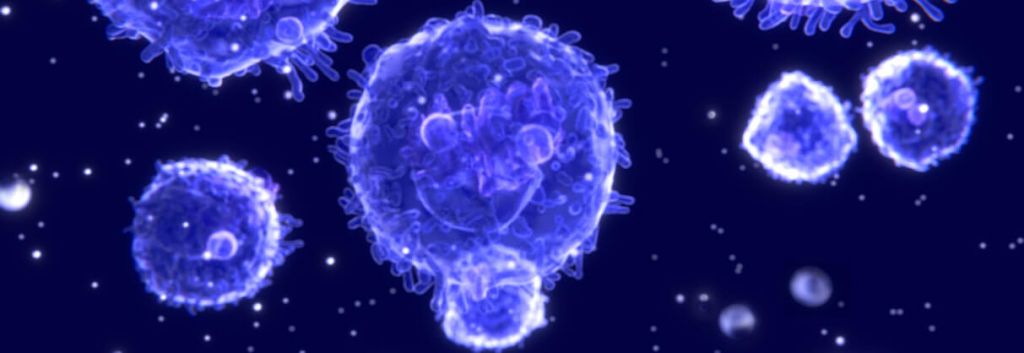PCI Biotech’s T cell-stimulating vaccine enhances the cellular immune response, supporting it as a candidate for use alongside cancer vaccines.
PCI Biotech, based in Oslo, Norway, has seen positive initial results in an ongoing Phase I trial for its firmaVacc technology. The trial is being carried out in 110 healthy subjects, and it aims to determine the vaccine’s efficacy in initiating an immune response and maximum tolerable dose.
An immune response was successfully initiated in patients, with increased levels of T cells observed. While this is an encouraging result, it is far from conclusive as T cells don’t have anything to target in healthy patients. The study is on track to be complete in the first half of 2018.
The vaccine platform is underpinned by the company’s photochemical internalization (PCI) technology. A photosensitizing compound attaches to the membrane of target cells – T cells in the case of firmaVacc. During uptake of a therapeutic drug, the photosensitizer is incorporated into the membrane of the endocytic vesicle. Once inside the cell, light of a particular wavelength activates the photosensitizer, which disturbs the integrity of the vesicle membrane, freeing the drug to perform its role in the target cell.
The mechanism by which PCI technology helps therapeutic drugs to enter target cells.
As part of a combination, firmaVacc would supplement the activity of a state-of-the-art cancer vaccine by stimulating a strong T cell response. Per Walday, CEO of PCI Biotech highlighted the importance of this work, and significance of these results: “Improving immunogenicity of vaccine candidates is a main priority in the immunotherapy industry.”
BioNTech produces RNA vaccines personalized to the mutations causing an individual’s cancer. The vaccine causes cancer cells to express antigens that are recognized by the immune system. On a similar note, Scancell’s DNA vaccine forces cancer cells to express two antigens, gp100 and TRP-2, which also stimulate a strong T cell response.
Research into cancer treatments, although busy, is definitely in need of attention to combat high mortality. Complementing cancer vaccine technology with firmaVacc could be just what is needed. With the announcement that the FDA has approved the first CAR-T cell therapy, it really is an exciting time for the field.
Media – Juan Gaertner / shutterstock.com; Alila Medical Media / shutterstock.com





